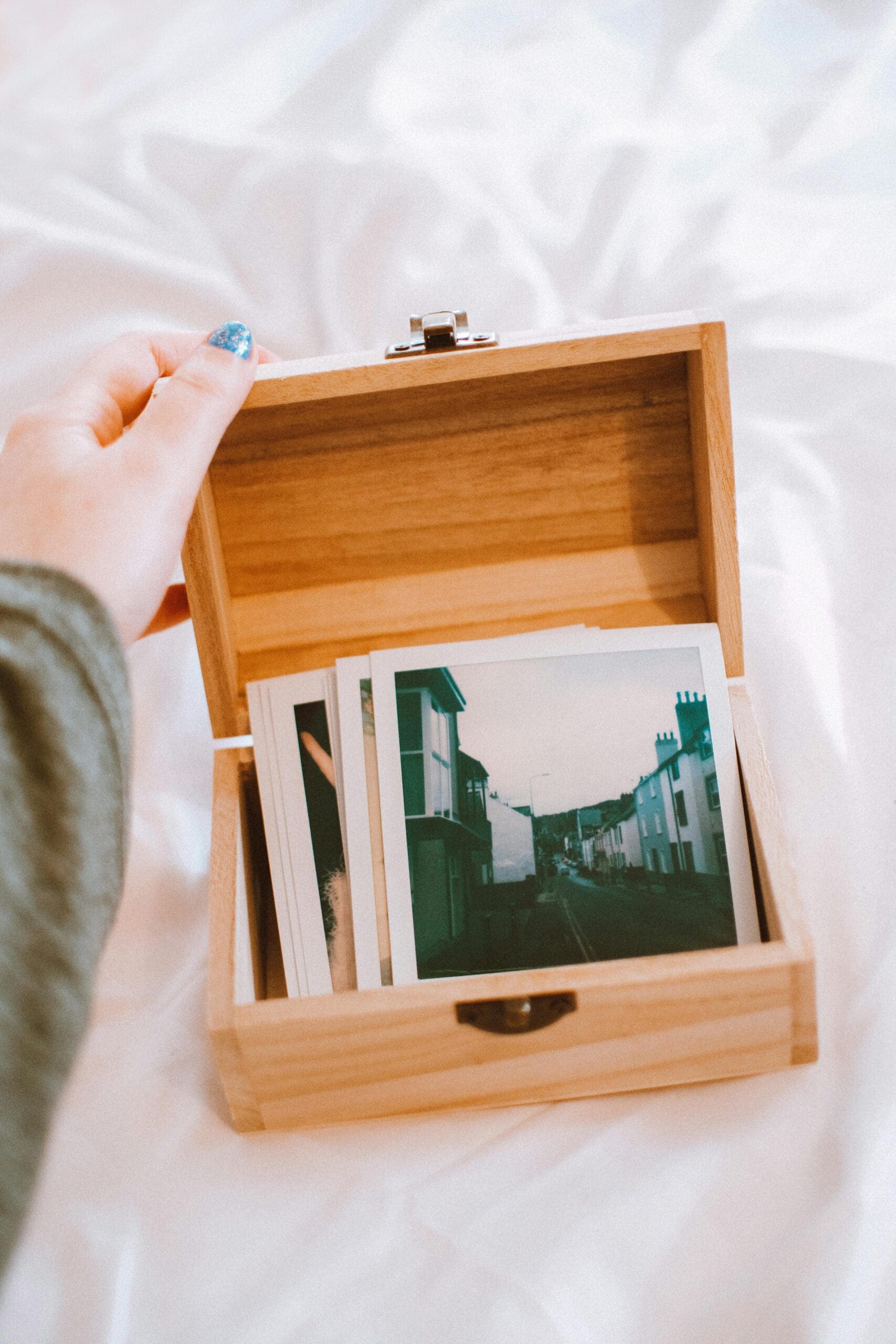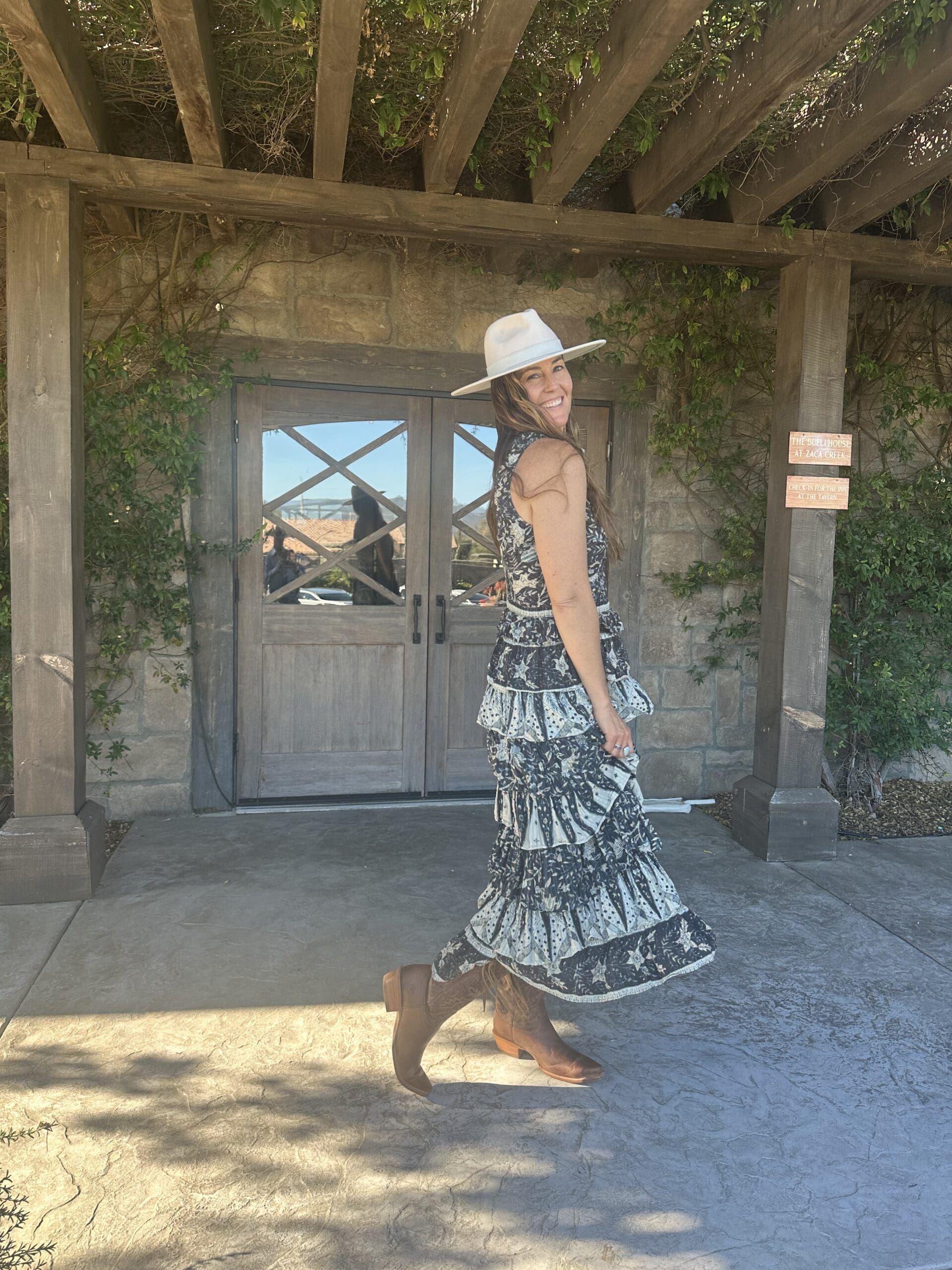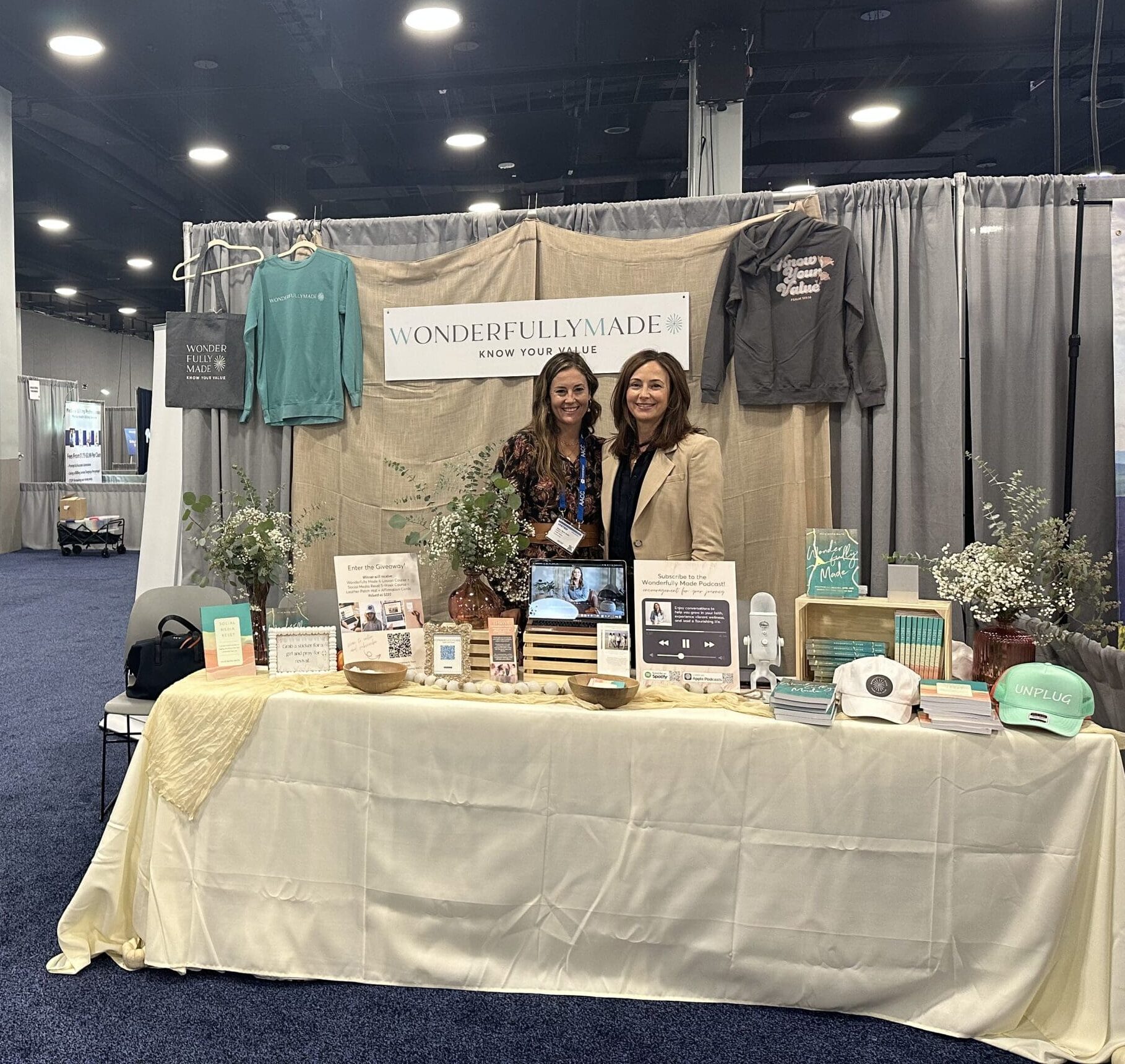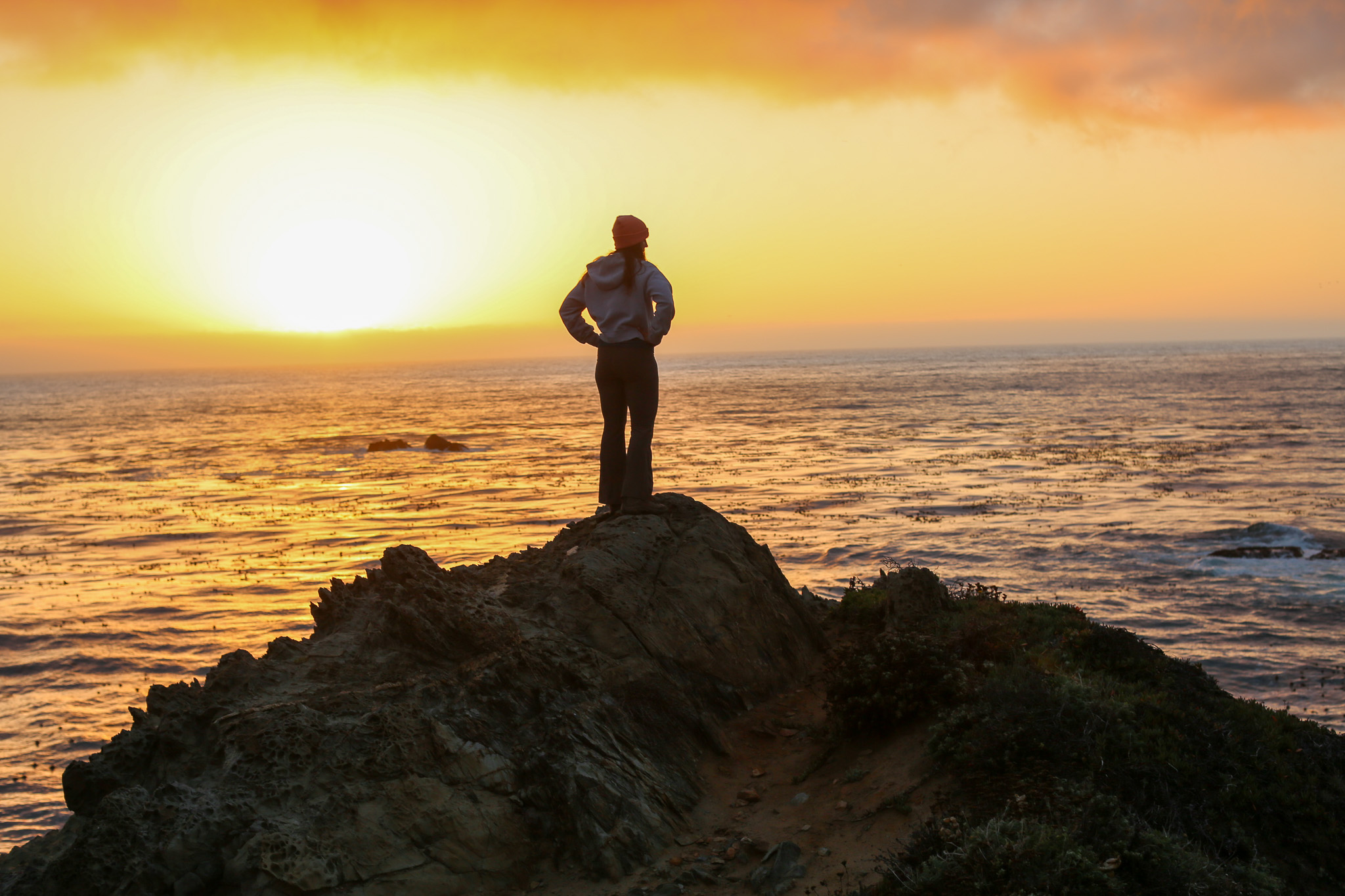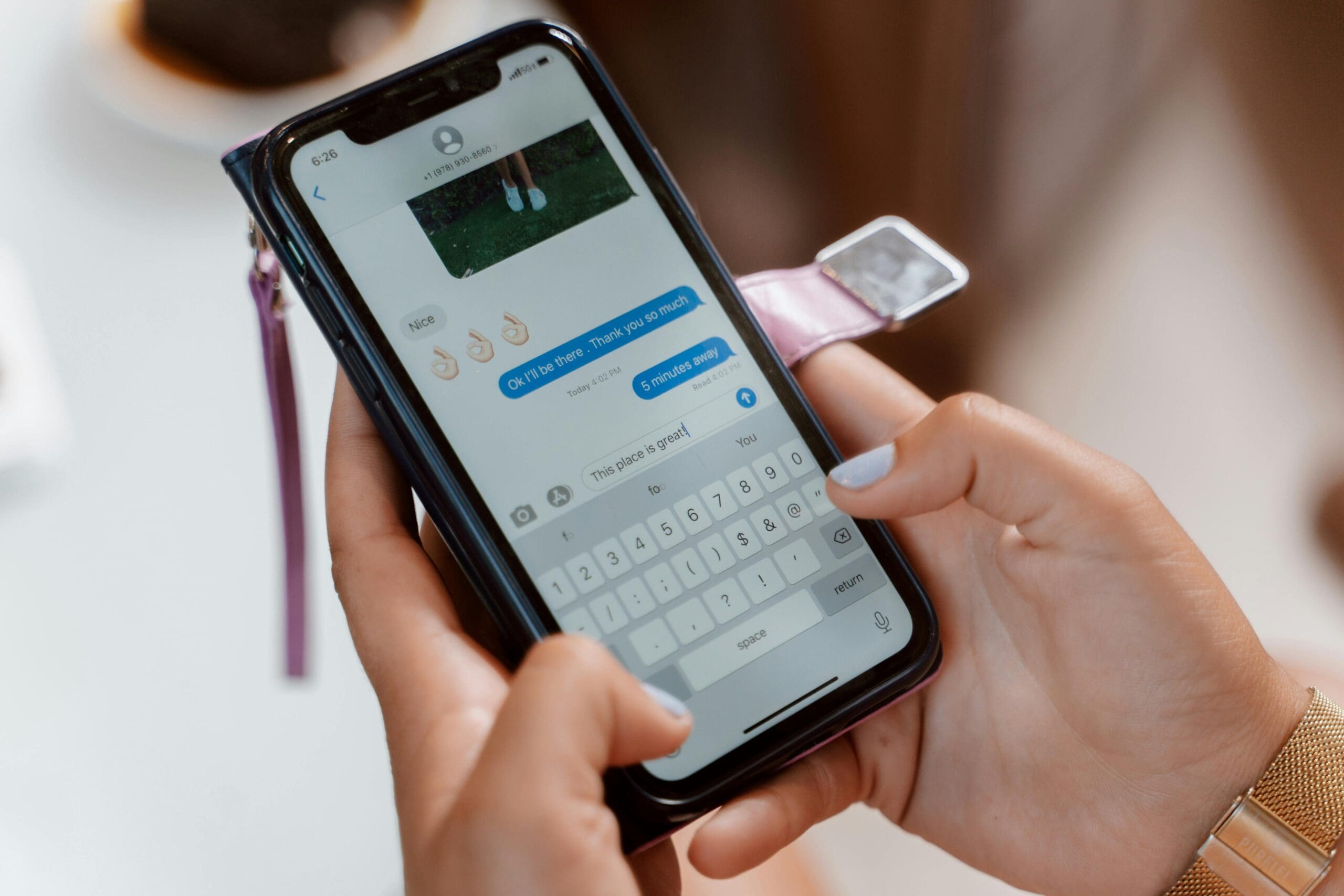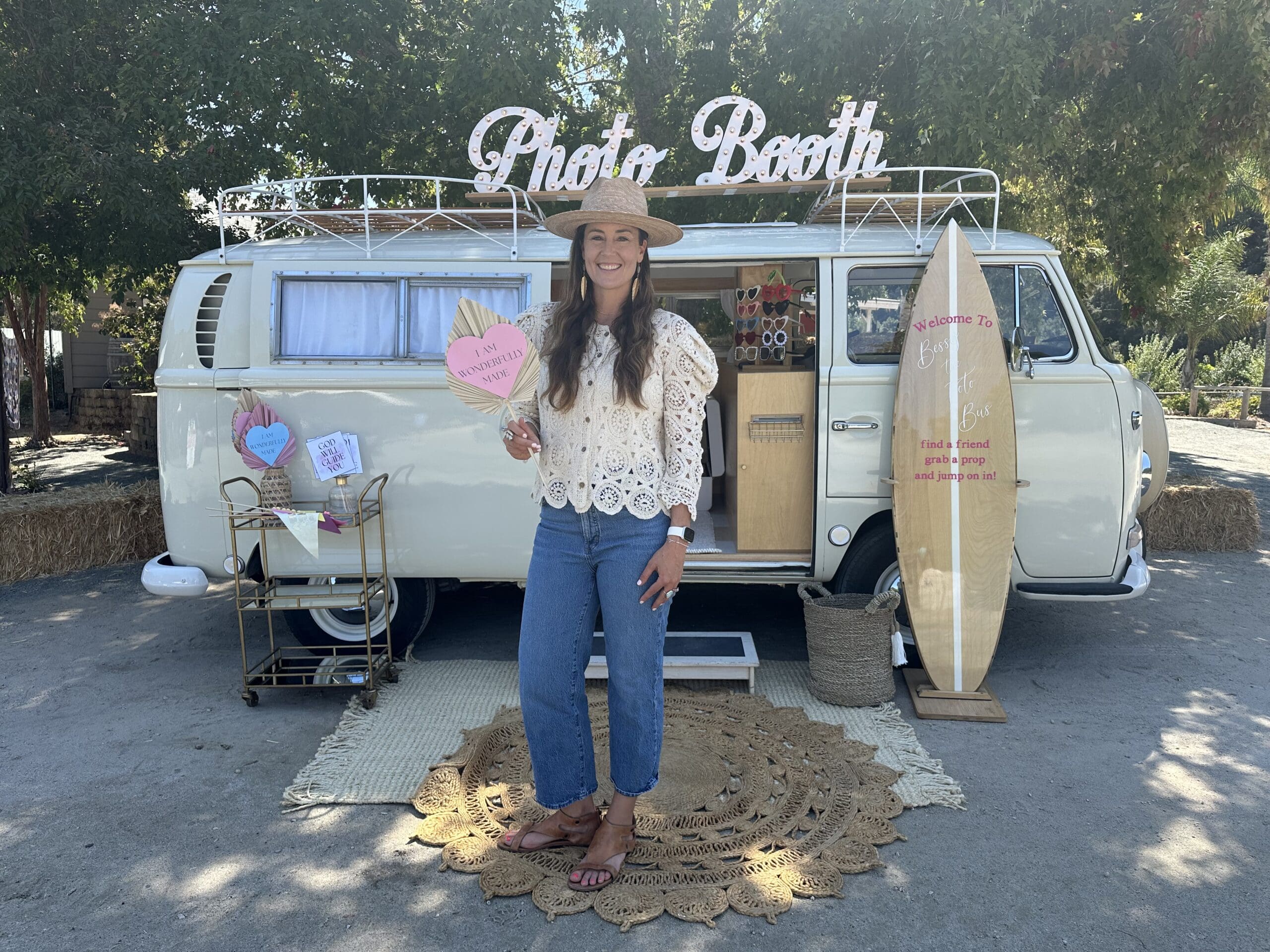What did you do this weekend? My coworker asked. I paused and said, “Hmmm, I can’t remember.” “I tried to recall what I did, but my weekend’s moments were fuzzy in my mind. After ten seconds, I vaguely remembered I hiked local beach bluffs and had coffee with a friend, but the rest of my events escaped my memory, and I couldn’t recall details.
Later that week, my friend and I sat in front of a sushi boat and devoured California and Ahi tuna rolls. How is Kayla doing? she asked. “She’s doing so great, I exclaimed! They went to Sea World yesterday. Coco is the cutest girl. She was feeding the penguins and was wearing this black and white polka dot dress with red glittery shoes.” I then recalled the detailed events of this friend’s day, which I had seen unfold in thirteen Instagram stories.
As a prominent voice on the impact of social media on our minds, brains, souls, and relationships, and the author of Social Media Reset: A 30-Day Guided Journey to Unplug, Reconnect with God, and Reclaim your Joy, this experience of recalling my friend’s weekend in detail and mine in fuzzy words reaffirmed a shocking truth I share — that we can indeed reach the end of our lives with more memories of the daily lives of friends, strangers, celebrities, and influencers than of our own. This has never been possible until the onset of social media twenty-one years ago.
Let me make my case — the average American adult spends nearly 2.5 hours each day scrolling through social media, spending about two seconds on each post. This adds up to over 4,500 posts daily and nearly 100 million images of other people’s lives, risking a life where their minds are filled with countless tiny moments from others’ lives instead of their own.
Photographs and videos of life’s moments are easier to recall and remember than unrecorded experiences. Their visual clarity strengthens the brain’s memory pathways. This makes these moments more vivid and last longer than those that are not recorded, while everyday moments that are not visually captured tend to fade more quickly. Although real-life experiences can be more meaningful, photographed moments often remain in our memory more strongly due to repetition and visual reinforcement.
Take a moment to remember the faces you saw the last time you scrolled. Have you seen them before or talked to them? What was their expression? What were they doing, saying, and wearing? Now, pause and think about what you did yesterday. What was your mood, what were you doing, saying, and wearing? Then, compare your recent real-life moments with those of others. Which moments are easier for you to remember?
On a psychological and spiritual level, every sight we see and sound we hear makes a mark on us and can shape the person we become, the life we will have, as well as our frame of mind and mental health. The online or real-life memories imprinted on our brains and recalled in our minds can have a profound impact on our well-being and mental and physical health.
We know that, because of many complex factors, social media increases mental health issues such as anxiety, depression, eating disorders, and loneliness. The suicide rate among young people ages 10-24 increased by 62% and the suicide rate among girls increased by 167%. The online comparisons of social media, coupled with the adverse effects of living a digital and disembodied life lacking true connection, make our brains and spirits unwell, and catapult us into an addiction that can, at its worst, destroy our lives, as witnessed in countless young people.
While it’s clear how it affects our mental health, the powerful influence of the visual moments we see on our feeds is often overlooked. Yes, our feeds can be filled with positive content, like silly Golden Retriever videos, but they also constantly show material that provokes strong emotions, including riots, wars, fights, and content that makes us feel our lives aren’t good enough. We may encounter content that inspires, educates, and helps us grow, or material that makes us anxious, depressed, mean-spirited, and shapes us into someone we shouldn’t want to be.
Every second on social media counts. Seconds turn into minutes, minutes into hours, hours into days, and days into years. We can’t unsee what we’ve seen or unhear what we’ve heard. Each sight and sound affects us physically, emotionally, and spiritually. The content we consume on social media ultimately influences who we are and the life we lead. Only we can decide what we see on social media, how much time we spend on it, what we look at and share, and what impact we will allow it to have on our body, mind, and spirit.
The nature of the content we see can make us anxious, depressed, lonely, and envious. While we can see positive things and share happy moments from our lives, the overall nature of social media makes us unwell because of its addictive nature and exposure to soul-crushing comparisons.
When we see comparison-triggering images like that of a perfect family or toned influencer, or videos of riots, this content activates the amygdala and stress hormones like cortisol, leading to anxiety, self-criticism, and emotional overwhelm. This can lead us to have negative self-focused thoughts, which heighten comparison and rumination. These negative self-talk and distorted beliefs can kick in, causing us to think, “I’m not good enough” or everyone is happier than me.
However, it doesn’t stop there. This leads to physiological effects in our bodies, such as increased heart rate, muscle tension, shallow breathing, tiredness, or a tight chest. Chronic exposure to these images can lead to symptoms of anxiety, insomnia, and depression. So, not only are we consuming thousands of tiny moments from the lives of others, but these images can also make our minds spiral into negative thoughts, fueling feelings of inadequacy.
Now, let’s contrast with seeing videos or photos from our own lives that give us joy. Seeing happy memories of our lives triggers dopamine and oxytocin in our brains, which promote gratitude, peace, and emotional connection. This reinforces a positive self-image and meaningful memories. The dopamine that is released causes us to feel pleasure, especially with memories that are tied to love, laughter, and accomplishment. This can lead to positive thoughts such as, “I have a beautiful life.” In our bodies, this leads to relaxed muscles, deeper breathing, warmth in our chest and face, and boosted immunity and reduced inflammation over time when we focus on life’s joyful moments. This is a dopamine hit that restores our souls.
To avoid the terrifying possibility of ending my life with countless tiny memories of others imprinted in my mind, I use social media sparingly and intentionally, being careful about who I follow. I stay away from the explore section trap. I don’t have the apps on my phone, but I access them with time limits on my iPad. I never share photos or videos in real time. I also have a digital slideshow that endlessly cycles through photographs of my happiest moments and the faces of those I love.
Every day, I take a picture that makes me happy and spend a few seconds imprinting it on my mind. Before I fall asleep, I replay and cherish the most beautiful moments of my day, visualizing them in detail. You, too, can decide how to use social media and learn to control it so it doesn’t control you.
Zoning out with our phones can be fun, but it’s not a trivial matter. It can lead to a life that is happy or sad, successful or unproductive, healthy or sick. We need to scroll with our eyes wide open and stay aware of how it impacts us on a spiritual, mental, and emotional level. If you let it, social media can cause you to leave this world with few memories from your only precious life, and countless others. It can result in a mediocre or poor life. Each of us gets one tour around this planet. We hold the power to decide what to do with our numbered days. Who do you want to become? What kind of life do you want to live, and what do you want your legacy to be? How do you want to feel in your body, mind, and soul, and what memories do you want to fill your mind and heart with? The choice is yours. You deserve to build a life you love and live it to the fullest without any regrets
Grab my book Social Media Reset!
